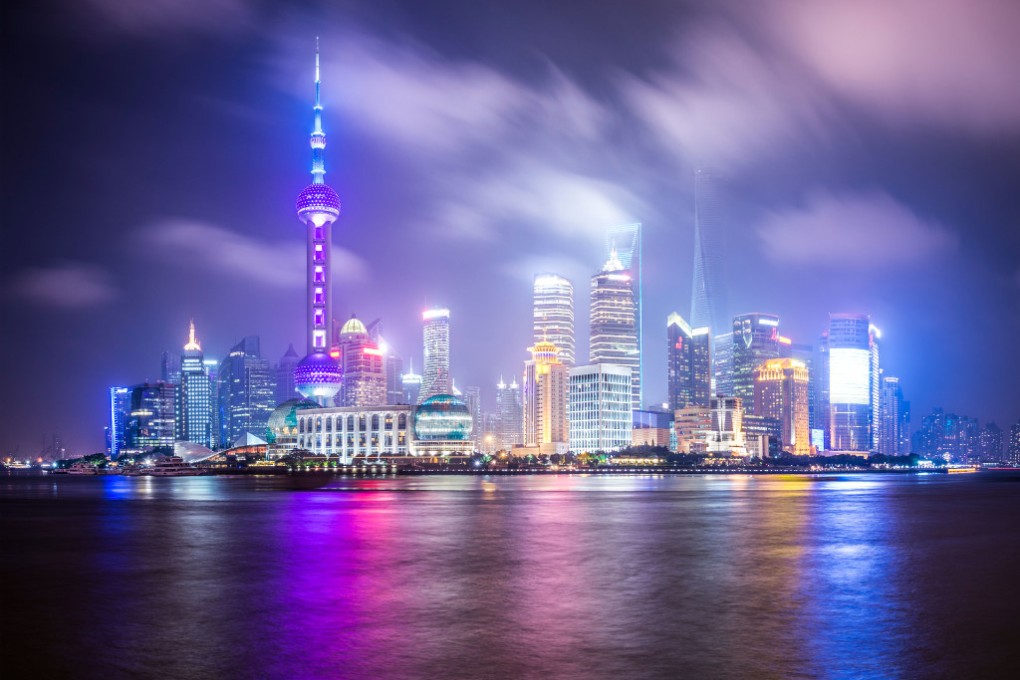In China, where you live determines the tech you use
Even though there's no official definition, cities in China are often informally slotted into four tiers. In general, higher-tier cities are larger and wealthier compared to lower-tier ones.

Think of a city in China, and the image that springs to mind is likely Shanghai or Beijing. But there are over 100 cities with a population of 1 million in the country.
Far from being focused in a few huge megacities, China’s internet population is almost evenly split between the big cities and the smaller cities. And the two are also evenly split in other ways: The apps you use and even the phone you own will likely be different depending on where you live.
To make it easier when discussing a country with so many enormous cities, many group China’s cities into “tiers.” So Beijing, Shanghai and Guangzhou (to name just three) are Tier 1 cities, while Daqing, Zhuhai and Wenzhou -- population 9 million -- are Tier 3 cities.
How are they ranked?
There’s actually no universal definition. The Chinese government doesn’t provide an official ranking of cities. And depending on who you ask, the same city can be categorized into different tiers. That’s because while some people take into account only GDP and population, others may also look at factors like livability and business opportunities.
Having said that, we’ve picked some typical, widely-agreed examples in each city tier to give you a general idea.
